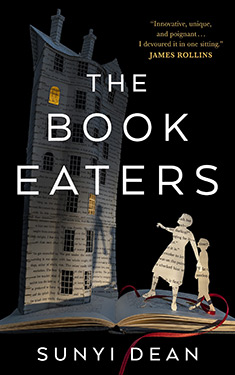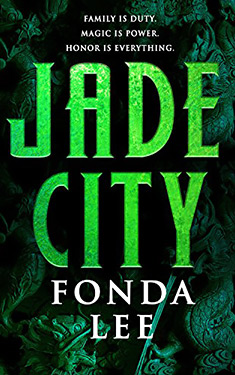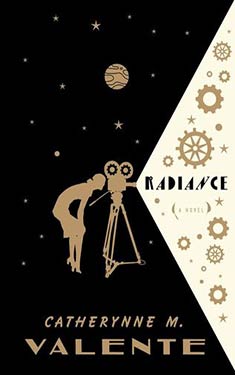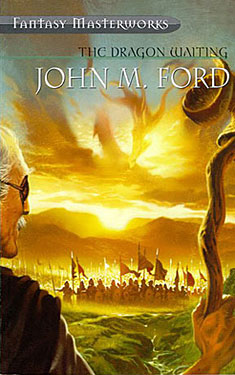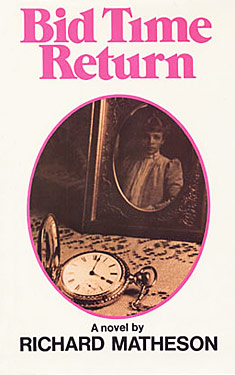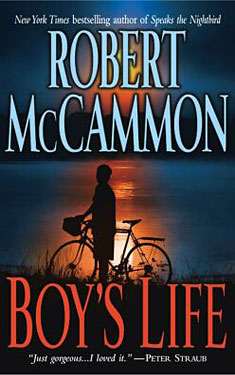Sunyi Dean
Completed 4/27/2023, Reviewed 4/28/2023
4 stars
Initially, I thought this book sounded like a bibliophile’s dream. A race of human-like creatures eat books and absorb the contents. But it is much more than that, specifically, more horrifying. There are also brain eaters that suck out the consciousness of a brain and absorb the memory of that person. There are family dynasties and secret societies, and we never find out where these creatures originated. From space aliens perhaps? Despite this and other lingering questions, this book is a fascinating, horrifying, and satisfying fantasy/horror novel. It’s been nominated for a 2023 Lambda Literary Award for LGBTQ+ Speculative Fiction.
Devon is a Book Eater of the Fairweather family. She grows up thinking herself a princess, like in the many fairy tales she’s eaten. As she grows, however, she becomes disillusioned with her life and the family’s expectations of her. When it is time for her first marriage, made specifically so she can bear the first of two children, she’s devastated that she cannot keep her daughter. Upon her second marriage so she can bear her second and final child who turns out to be a brain eater, she escapes with the boy, leading to a multi-level chase for a drug that can convert the boy to a book eater.
One of the most interesting things about this book is that everyone is a monster. Even Devon is of questionable morality. However, we still feel for Devon, her son Cai, and a few others she meets on the way. The story is told in two timelines, one after she’s escaped the family, and one recounting the time before escaping. It’s done very well without being too confusing and helps round out the character of Devon. I didn’t really like Devon, but I empathized with her.
My favorite concept of the book is the absorption of knowledge through eating. Perhaps the brain eating part is more interesting because the eater displays personality quirks of those eaten. This is horrifically comical in Cai. He’s a five-year-old, but having eaten so many adults, he has the vocabulary and mental awareness of an adult. Cai was actually very likeable. He had his own moral crisis over his natural dietary requirements.
The prose is nice, though the world building is a little vague. I read an FAQ on the author’s website where she explains her reasons for the light world building. I actually didn’t mind it. I was caught up in the mythology of the Book Eater and that satisfied me. There were quite a few loose ends left. Upon finishing the book, I thought it was ripe for a sequel, which the author admitted to hoping to get to, but not in the near future, which is too bad. At a smidge under 300 pages, I thought there was so much more that could have been included. It could easily have been a 400 page book and still be satisfying.
I give this book four stars out of five. It surprised me with its originality. The relationship Devon has with a woman is sweet even though it develops a little too quickly. I think the thing to remember in this book is that Devon grew up eating fairy tales and everything is a take on fairy tale tropes, including the princess who falls in love at first sight, even though it’s with another princess. But like the old original fairy tales, there is a darkness that isn’t necessarily overcome, and even a princess could become a monster.
